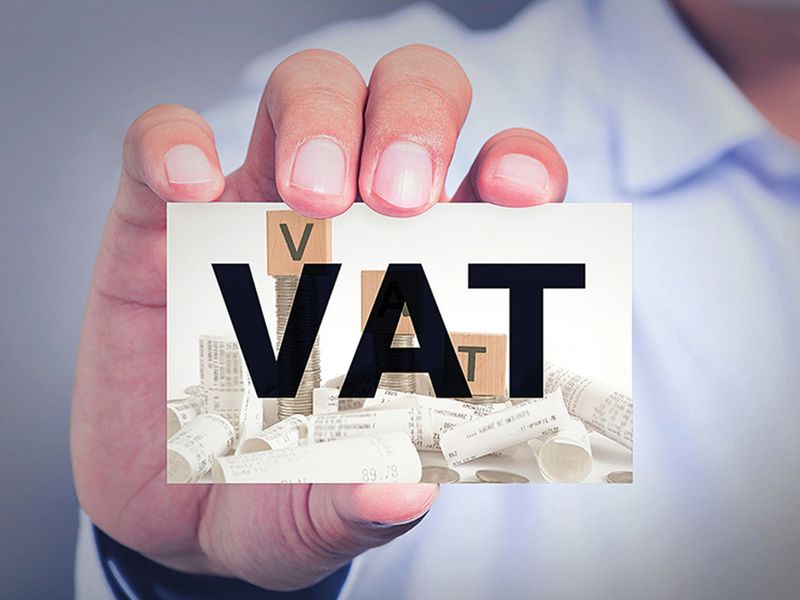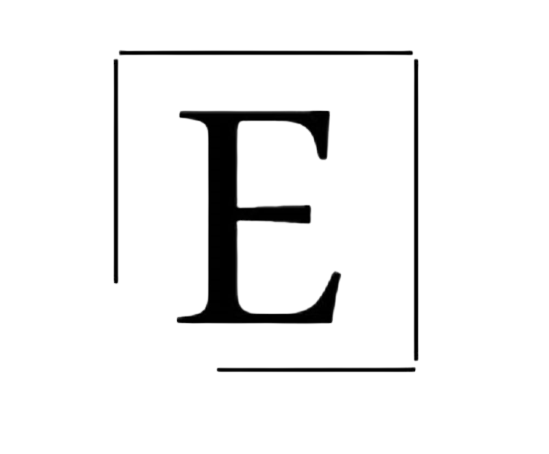UAE VAT

Understanding Value Added Tax (VAT)
Value Added Tax (VAT) is a form of indirect tax, occasionally referred to as a general consumption tax. In countries with VAT systems, it is levied on most transactions involving goods and services. Over 150 countries worldwide, including EU members, Canada, New Zealand, Australia, Singapore, and Malaysia, have implemented VAT or its equivalent, the Goods and Services Tax.
VAT operates throughout the supply chain, with ultimate consumers bearing the cost. Businesses, acting as tax collectors on behalf of the government, account for and collect the tax. A business pays the government the collected tax from customers and may receive a refund for the tax paid to suppliers, reflecting the “value add” at each stage of the supply chain.
Distinguishing VAT from Sales Tax
While both VAT and sales tax are forms of consumption tax, they differ in key aspects. Sales tax is typically imposed only on transactions involving goods and is levied at the final sale to the consumer. In contrast, VAT is imposed on both goods and services throughout the supply chain, including the final sale. VAT is also applied to imports, ensuring a level playing field for domestic and international providers.
Many countries prefer VAT due to its sophistication as a taxation approach. Businesses acting as tax collectors help reduce misreporting and tax evasion.
VAT Implementation in the UAE
Introduced on January 1, 2018, at a standard rate of 5%, VAT in the UAE contributes to the country’s income, supporting public services such as healthcare, education, infrastructure, and more. It aligns with the government’s vision of diversifying income sources and reducing dependence on hydrocarbons.
VAT Implementation in Coordination with GCC Countries
As part of the GCC, the UAE collaborates with other nations to implement new public policies, fostering regional cooperation. The Economic Agreement between the GCC States and the GCC Customs Union reflects the shared commitment to collaborative approaches for the region’s benefit.
VAT for Businesses: Registration and Responsibilities
Businesses must register for VAT if their taxable supplies and imports exceed the mandatory threshold of AED 375,000. Voluntary registration is also an option for businesses below the threshold but exceeding AED 187,500 in supplies, imports, or expenses.
VAT-registered businesses have responsibilities, including charging VAT on taxable goods or services, reclaiming paid VAT on business-related goods or services, and maintaining accurate financial records. Regular reporting to the government, likely online, is mandatory, with businesses paying the difference if they charged more VAT than paid or reclaiming the difference if the reverse is true.
VAT in Real Estate
VAT treatment in real estate differs for commercial and residential properties. Commercial property supplies are taxable at the standard rate (5%), while supplies of residential properties are generally exempt. To facilitate VAT recovery on residential property construction, the first supply within three years of completion is zero-rated.
Zero-Rated and Exempt Sectors
Certain sectors benefit from zero-rated VAT (0%), including exports, international transportation, investment-grade precious metals, newly constructed residential properties, and specific education and healthcare services. Exempt sectors, where no VAT is applied, include financial services, residential properties, bare land, and local passenger transport.
Partial Exemption and Government Entities
VAT recovery depends on whether expenses relate to taxable or non-taxable supplies. Businesses may need to apportion input tax for expenses related to both types of supplies. Government entities are subject to VAT on supplies, but specific supplies may be excluded if not in competition with the private sector. Certain government entities can claim VAT refunds, ensuring fairness between outsourced and insourced activities.
For any additional information or inquiries, please contact us at taxenquiries@mof.gov.ae.
